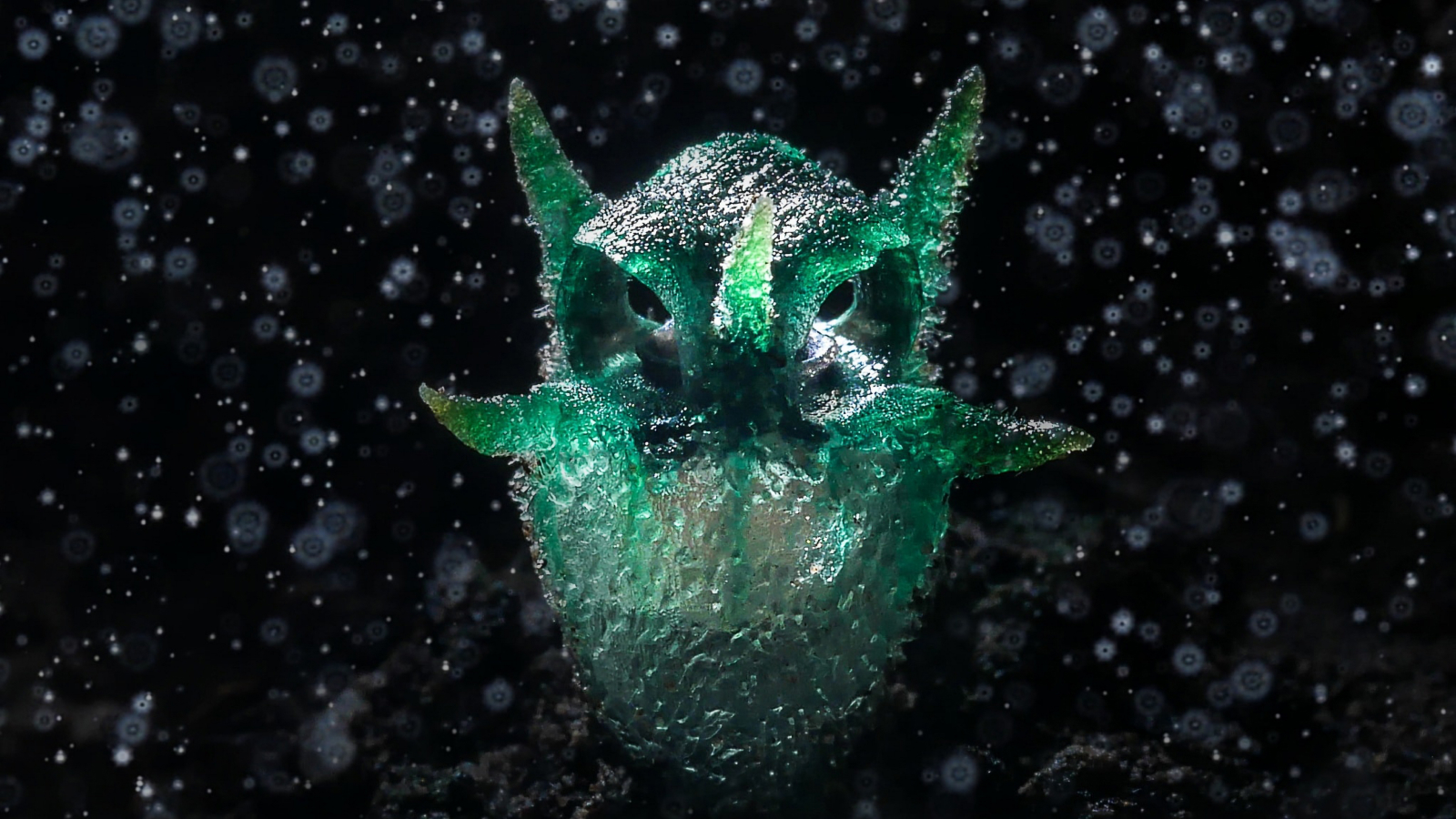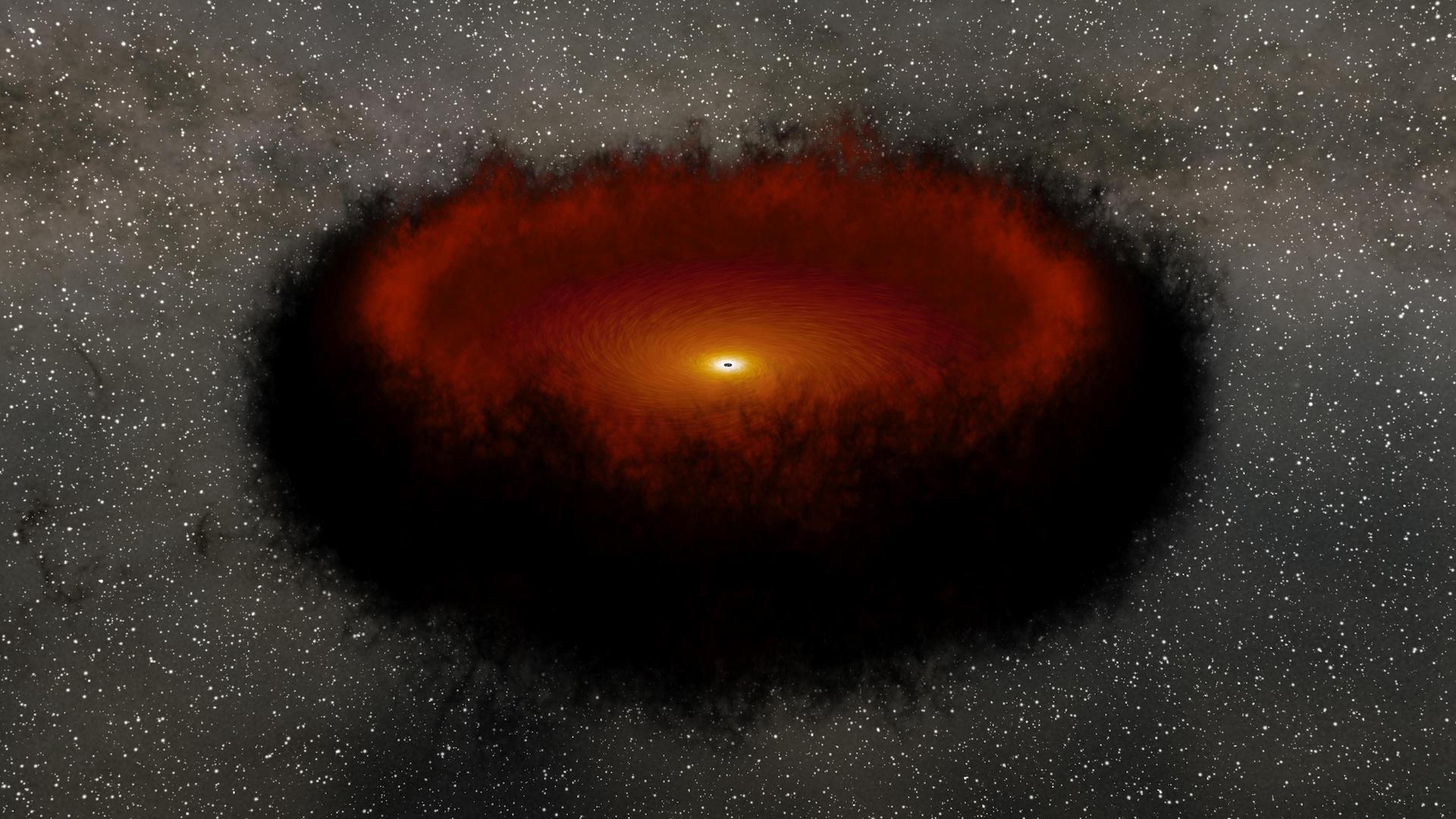Catalysts, Vol. 14, Pages 286: Valorization of Chlorella Microalgae Residual Biomass via Catalytic Acid Hydrolysis/Dehydration and Hydrogenolysis/Hydrogenation
Catalysts doi: 10.3390/catal14050286
Authors: Margellou Torofias Iakovou Triantafyllidis
Microalgal biomass can be utilized for the production of value-added chemicals and fuels. Within this research, Chlorella vulgaris biomass left behind after the extraction of lipids and proteins was converted to valuable sugars, organic acids and furanic compounds via hydrolysis/dehydration using dilute aqueous sulfuric acid as a homogeneous catalyst. Under mild conditions, i.e., low temperature and low sulfuric acid concentration, the main products of hydrolysis/dehydration were monomeric sugars (glucose and xylose) and furanic compounds (HMF, furfural) while under more intense conditions (i.e., higher temperature and higher acid concentration), organic acids (propionic, formic, acetic, succinic, lactic, levulinic) were also produced either directly from sugar conversion or via intermediate furans. As a second valorization approach, the residual microalgal biomass was converted to value-added sugar alcohols (sorbitol, glycerol) via hydrogenation/hydrogenolysis reactions over metallic ruthenium catalysts supported on activated carbons (5%Ru/C). It was also shown that a low concentration of sulfuric acid facilitated the conversion of biomass to sugar alcohols by initiating the hydrolysis of carbohydrates to monomeric sugars. Overall, this work aims to propose valorization pathways for a rarely utilized residual biomass towards useful compounds utilized as platform chemicals and precursors for the production of a wide variety of solvents, polymers, fuels, food ingredients, pharmaceuticals and others.

 3 weeks ago
29
3 weeks ago
29


